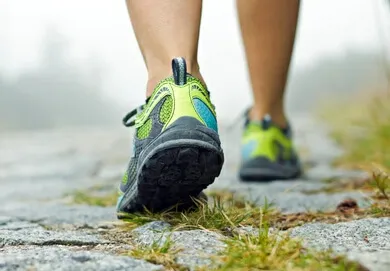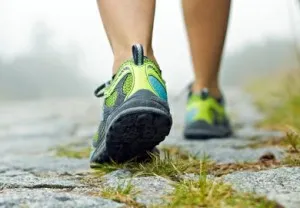
- Share on Facebook135
- Share on Pinterest
- Share on Twitter
Movement is critical to a healthy, long and enjoyable life. The old saying, “if you don’t use it you will lose it,” is very true. When a body is set in motion, it stays vibrant and strong. When we are sedentary for long periods of time, every part of our bodies becomes apathetic, weak and unhealthy.
We have become used to thinking of exercise, movement, and good posture as tools only to improve athletic performance, assist with weight loss and treat or prevent certain illnesses. However, movement and proper posture, including movement of the spinal column, are necessary for good health.
According to a well known author and clinician, if you don’t use it you will never find it. Locked in our genes is healthy physiology and biochemistry, without proper movement, these genes are never expressed. In his book, The 14 Foundational Premises for the Scientific Validation of the Chiropractic Wellness Paradigm, Dr. James Chestnut states that daily physical exertion is an essential nutrient.
According to Chestnut, a deficiency in exercise and lack of proper posture leads to imbalances that create the perfect environment for illness to thrive. It is impossible to be completely healthy without allowing for gene expression, which is dependent on homeostatic exercise and posture.
In addition to unlocking favorable genes, movement stimulates the spinal cord and sends messages to the cerebellum which are necessary for balance and location, as well as coordination of moods, emotions, learning and organ function. Movement also decreases the stress response. This is highly valuable because we live in a day and age when most people tend to be stressed about something.
Our great ancestors were hunter-gatherers who walked between 12 and 15 miles each day; they did not sit at a desk, in a car or in front of a television or computer for long periods of time. We, on the other hand, are quite sedentary, often going from car to desk, back to the car and to the couch.
 Even if we hit the gym a few times a week, we are not doing the best thing for gene expression if we don’t participate in physical activity daily, especially outdoors. Just adopting a more “active” mentality goes long ways towards reducing movement deficiency.
Even if we hit the gym a few times a week, we are not doing the best thing for gene expression if we don’t participate in physical activity daily, especially outdoors. Just adopting a more “active” mentality goes long ways towards reducing movement deficiency.
How to Incorporate Movement into Daily Living
While we may not have to hunt for or gather our food, we certainly can make more of an effort to be physically engaged each day. Even doing things such as parking further away from the store, taking the stairs instead of the escalator or elevator and getting up often from your desk to walk around or stretch can help.
Pass on television for a bike ride or a walk and plan your weekend activities around things you can do outside. Clipping a pedometer to your belt is also a useful tool. Aim for around 10,000 steps daily to express your full genetic potential.
-The Alternative Daily
- Share on Facebook135
- Share on Pinterest
- Share on Twitter

